The Nigerian Heritage: The Biafran War
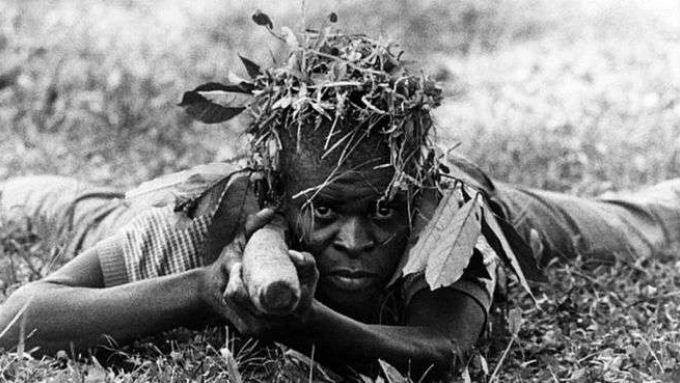
While going through @Greatwolfman prompt article tagged "The Nigerian Heritage", I felt inspired because it was a breath-taking entrance. I was caught up between writing about Queen Moremi of Ife and The Biafran war but I ended up picking the latter because This war was against my tribe, I have before now heard so many stories even from eye witnesses about it and then my grandfather fought in this war, so I chose it. Enjoy Guys!
Before Biafra ::: How It all started
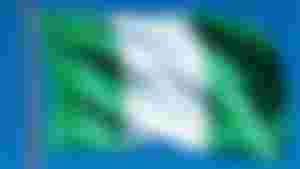
1914, Lord Luggard amalgamated the Northern and Southern protectorates to form Nigeria, who got her name from Miss Flora Shaw Luggard from the phrase "Niger- Area". The most predominant tribes were Yorubas, Hausas, Igbos. This joining together was for good but some tribes did not go well with it.
The Northerners were mainly Hausas while the Southerners where mainly Yorubas in the west, and Igbos in the east
Down the line, as colonial masters exploited the people, hate and griefs against them were rising but they endured the pains. Corruption existed but not in mild forms as only colonial masters partook of it. The people feared them but little did they know that some of them has learnt those corrupt ways alongside civilization.
Series of riots broke out such as the Aba women riot (1929) which occured because of the restrictions they had in participating in government, and Kano riot (1953) was a clash between the northerners who loved and believed in the colonial masters and the southerners who believed and anticipated the independence.
::: Independence 1960
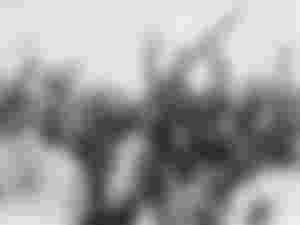
On October the 1st, 1960, Nigeria gained her freedom. The "Independence at last" feeling swarmed all over as many were filled with joy and gladness as the colonial masters exited their terrains. Names like ; Tafawa Balewa, Nnamdi Azikiwe, Herbert Macauley, Obafemi Awolowo, Ahmadu Bello among others were prominent contributors who fought sweat and blood to make sure the Independence was not a fool's dream. The persons listed here included all the major tribes ; the Yoruba, Igbo and Hausa. Positions were equally shared without greed for power; Nnamdi Azikiwe (first executive president), Tafawa Balewa (Prime Minister), Ahmadu Bello (First Premier of the North), Obafemi Awolowo ( First Premier of the west).
Jan 15, 1966, Nigerians woke up to the first coup led by Chukwuma Nzeogu Kaduna ushered in J.T.U Aguyi Ironsi as head of state. Aguyi Ironsi was later assassinated by General Yakubu Gowon that same year, from July the 28th to August the 1st. This was a rematch, a reaction to the killing of prominent northern leaders. The first coup was seen as unfair and hence this sparked hate among the tribes.
:::Formation of Biafra
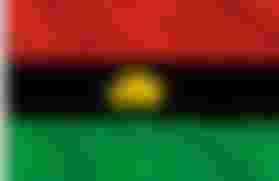
The Biafra was formed majorly by the easterners, the Igbos.
From the start, the Igbos were hard to bend. Studying the Igbo Kingdom, they were self existing and reliant people who had very low tendency to submit to external authorities. They were brave, smart, talented but also very rebellious to authorities that were exploiters. This was why the colonial masters never succeeded in the east but had their way easily through the north.
Fast forward to second coup ushering General Gowon in, during that period the Igbo faced serious oppressions as they were massacred across all northern states. Many had to flee to neighboring countries to stay safe. Yakubu Gowon managed to control the situation but by then the country was sitting on a keg of gunpowder just waiting for one bullet to touch.
The last straw that broke the camel's back was when Yakubu Gowon in his attempt to resolve the conflict, declared a state of emergency and divided Nigeria four regions into 12 states. Three days later the Eastern region declared itself the independent state of Biafra, with Odumegwu Ojukwu as its leader, and armed conflict between it and the Nigerian government began in July. Prior to the creation of the states, in 1967 Yakubu and Ojukwu had signed an agreement known as the Aburi Accords which was a collective vow sworn by all parties( 4 regions) not to use force to settle Nigeria crisis. Since this cord was broken, Lieutenant Ojukwu struck like a cobra.
::: During the Biafra War (6 July 1967 – 15 January 1970)

The Federal Government led by General Yakubu Gowon struck hard on the Igbos now called Biafra, but they also struck back. The Biafra were fighting for their own independence since the one of 1960 had ushered them into a standard level of slavery. They were blasted from every corner. I remembered my dad telling me of how they would run and hide underground, sometimes in bushes, trees anywhere just to stay alive. My mother also witnessed it but she was very young. She told me that four of her siblings got separated from her and they most of them died.
According to my dad, his grandfather never made it from the battle field but my mum's father made it(my mom and dad are both Igbos and from the same village). He made it but fell so ill that the illness took him to early grave. This was not the case for many others. Children, mothers, ladies were raped and killed.
Sometimes I ask; "Was it just a show of power by the federal government or the display of folly of the Igbos?"
Both sides had their reasons and casualties but the Biafrans suffered it the most. They suffered lack of supplies and this was the beginning of frustration in the war.
No magazines no power! The soldiers were reaching the peak of frustration as all access to their supplies food, guns, magazines and many more coming from across and outside the country had ceased. Seeing what had happened, Yakubu Gowon knew what was upon them, hence he hardened the forces upon them. The soldiers killed many Biafrans. But Ojukwu did not give up, as a learned and crafty man, he began developing native weapons to attack back. He developed his team to weapon manufacturers. Things like Ojukwu buckets, explosives which where made in buckets and hid below the ground. It was once said that there was a time the war was sore upon the Biafrans and Ojukwu's base was attacked and they had only crude weapons which were no match for that of the enemies. When he was pursued, he hid in a toilet where he built a bomb which he used to attack and then fled!!!
::: Lieutenant Ojukwu Himself
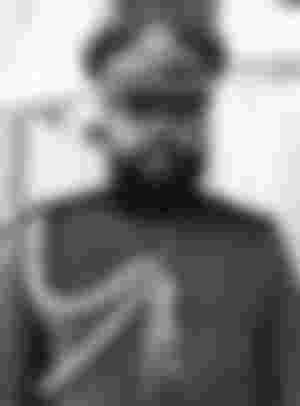
Apart from being killed by guns, machetes and knifes, another very deadly killer was Hunger. Hunger killed lots of children and affected the soldiers too. It got bad to the point that soldiers had to cook their enemies and eat them like cannibals because there were no food supplies.
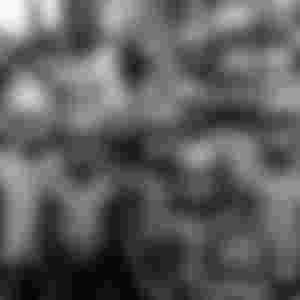
The Hurricane of Hunger had swept over Biafra and then Biafra motto "No-victor, No-vanquished" was dying out very fast. The pain was too much too bear, no magazines to fight back and not a single food supply to at least eat to stay alive.
.On January 11, Nigerian forces captured the provincial capital of Owerri, one of the last Biafran strongholds, and Ojukwu was forced to flee to the Ivory Coast. Four days later, Biafra surrendered to Nigeria.
Both parties suffered losses, but it was more severe on the Biafran side. More than the war, it was a testament to how brave and outspoken the Igbo tribe is. It took years and many intervention from international bodies to restore and build back what were lost. Thanks be to God neither my mom nor Dad were killed because if otherwise, I would not be here telling the Story of Biafra!
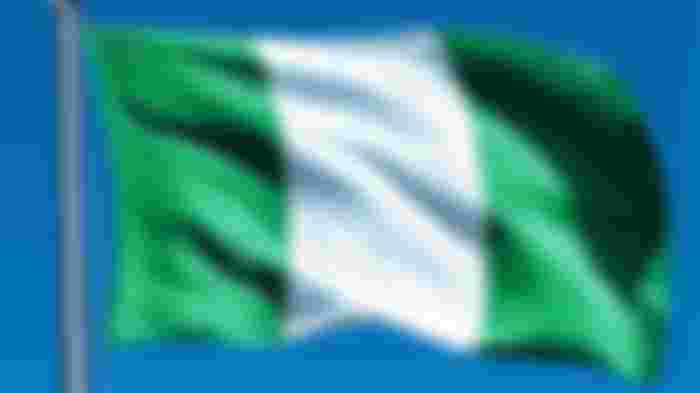
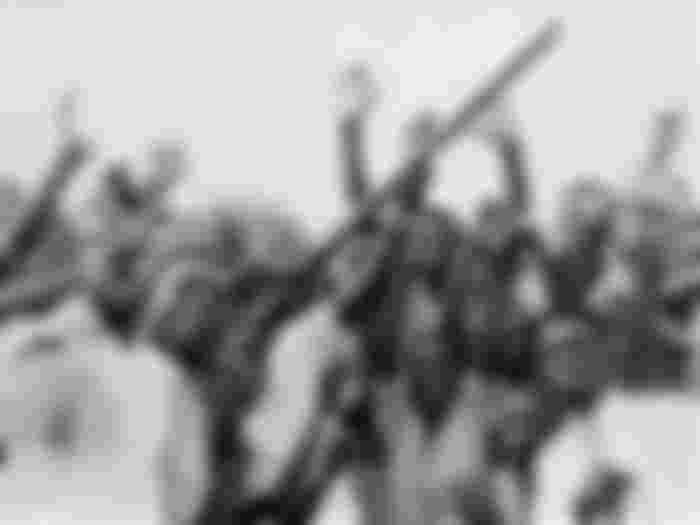
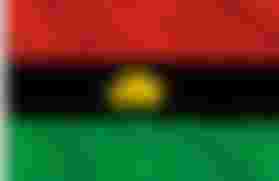
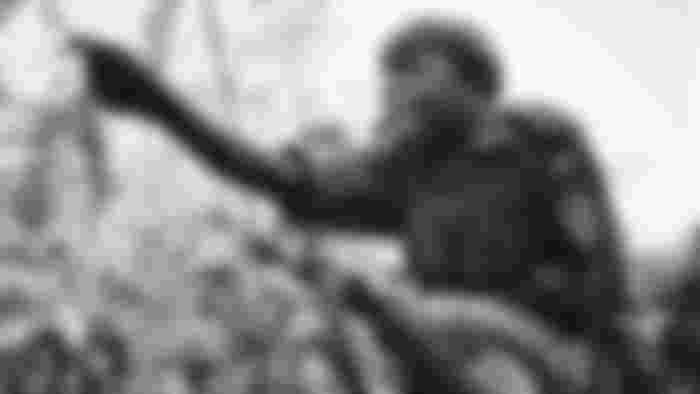
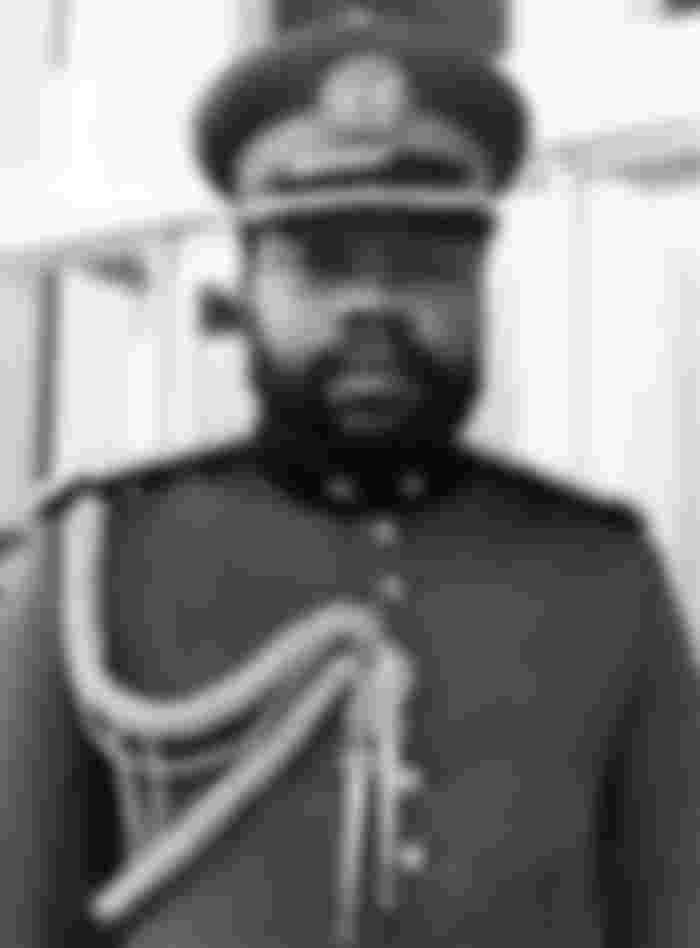
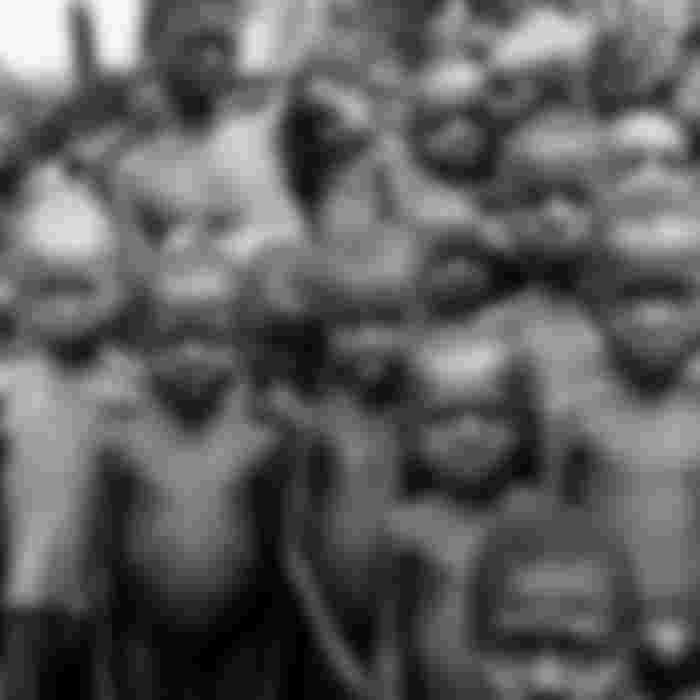
This is a really good depiction of what went down and I hope it never repeats itself in the history of Nigeria even though it looks like it would. Hopefully our government have learnt from their past mistakes.